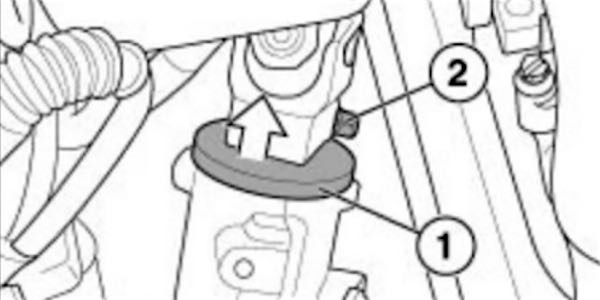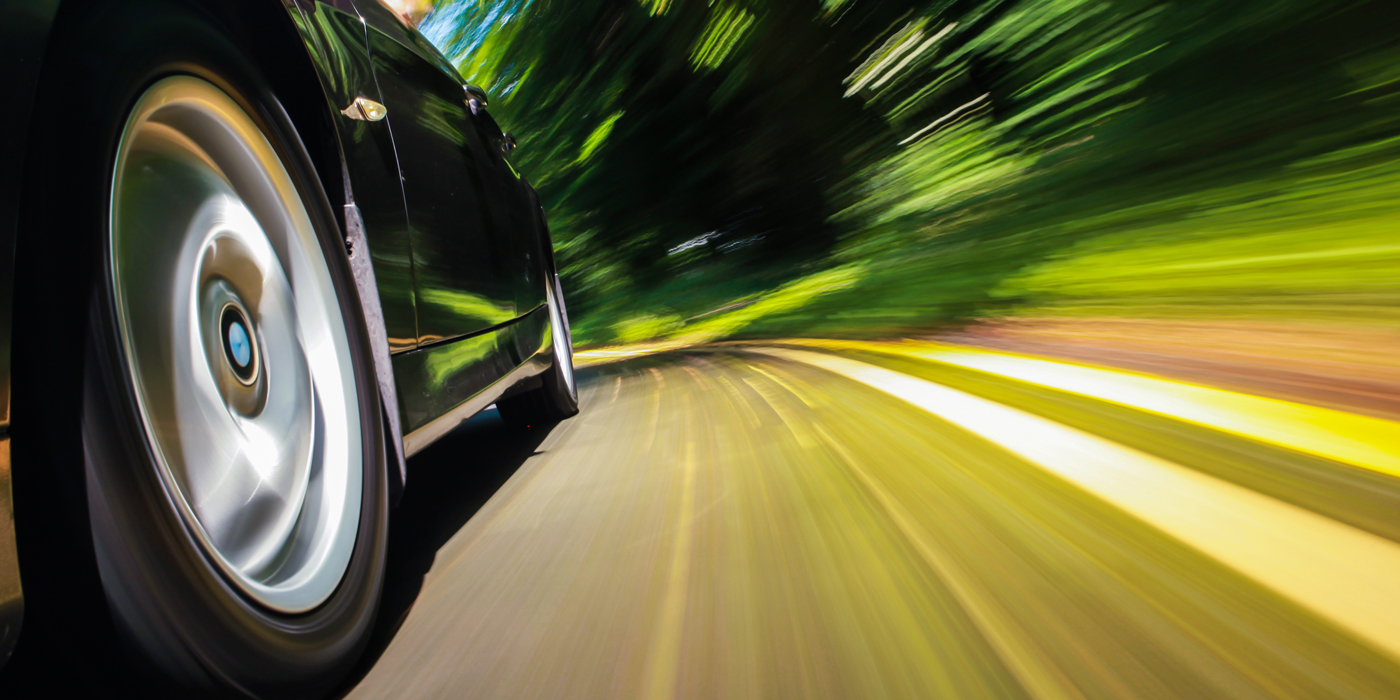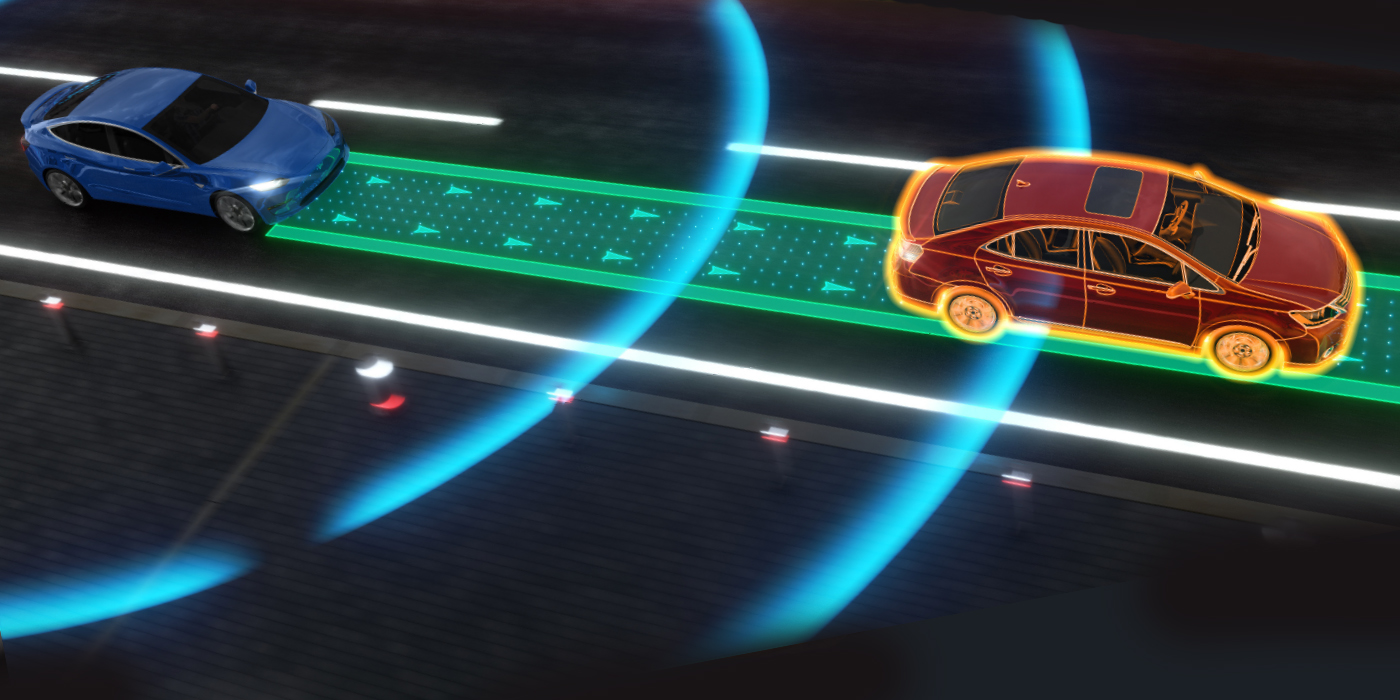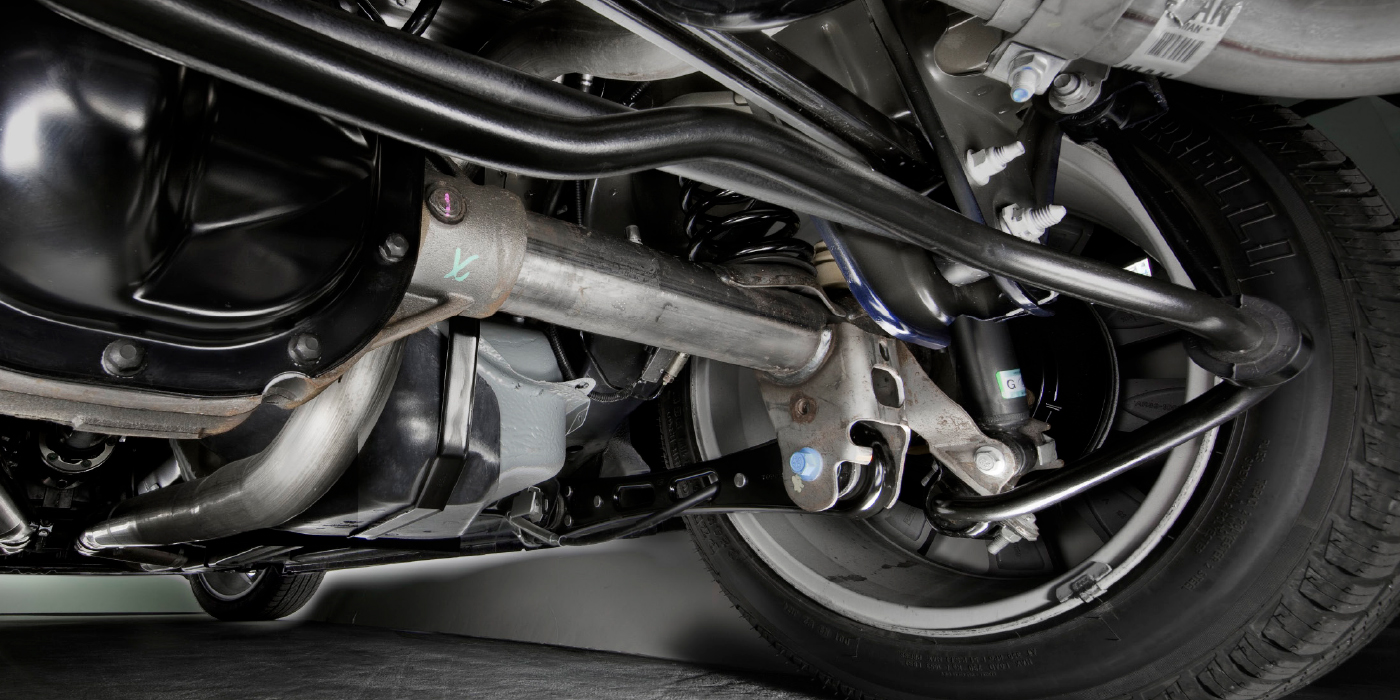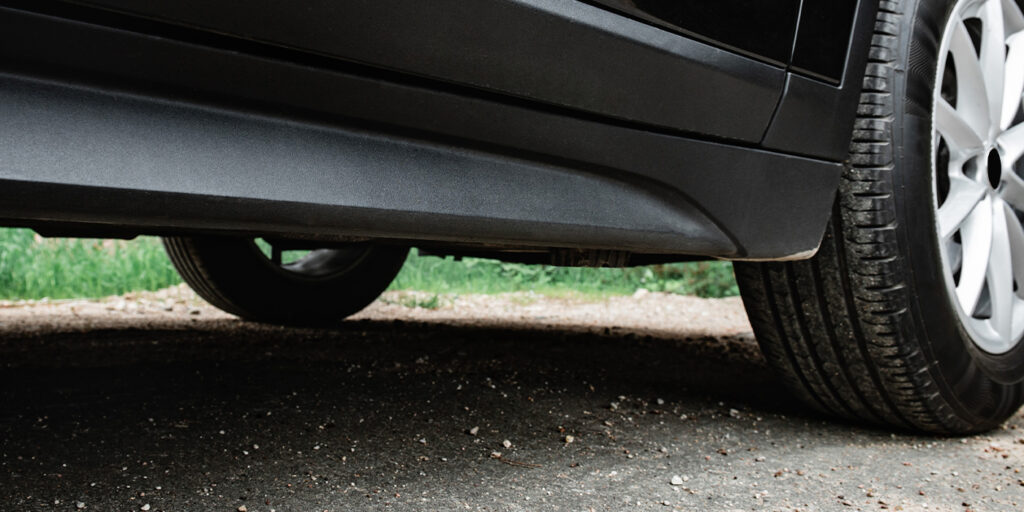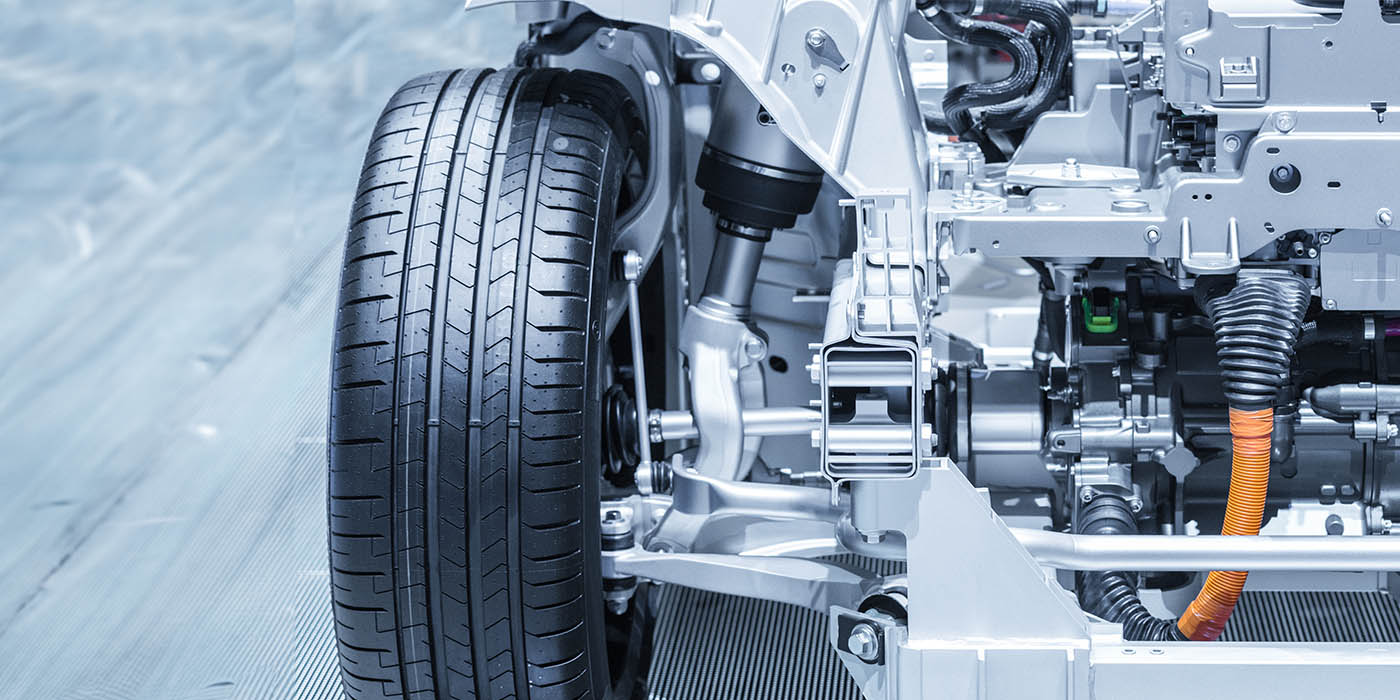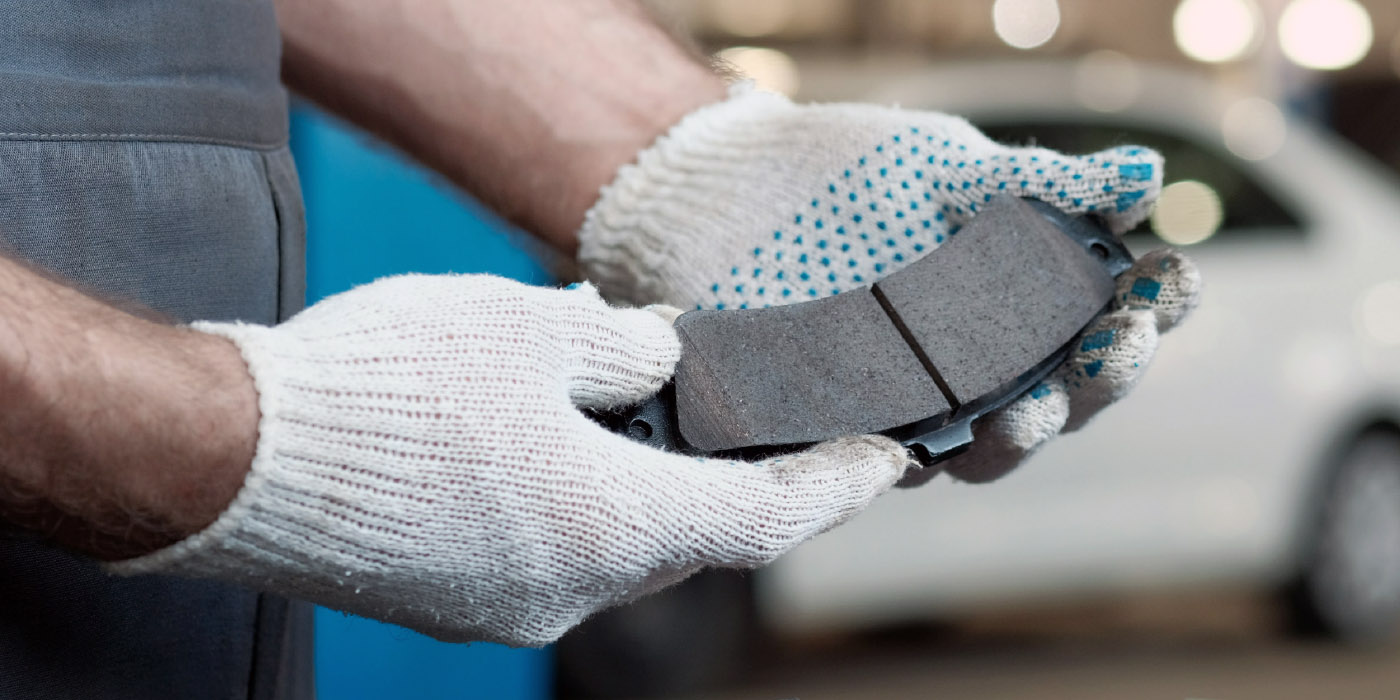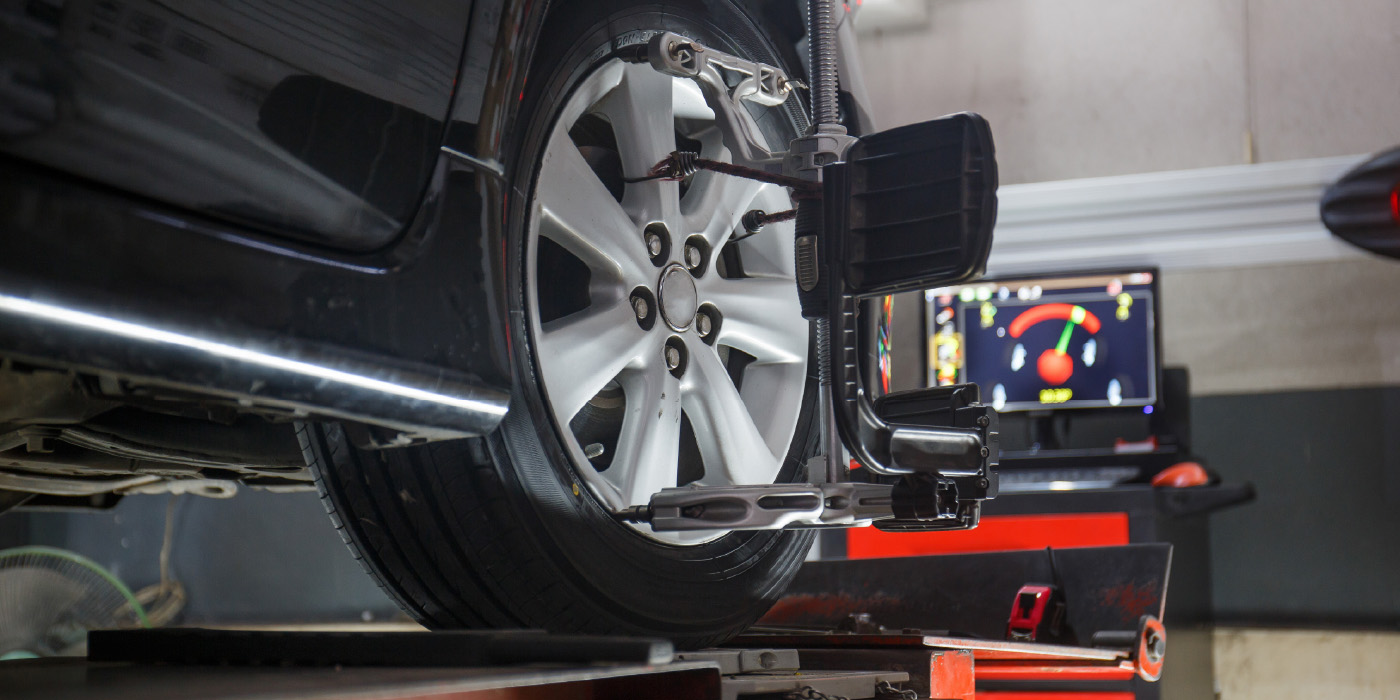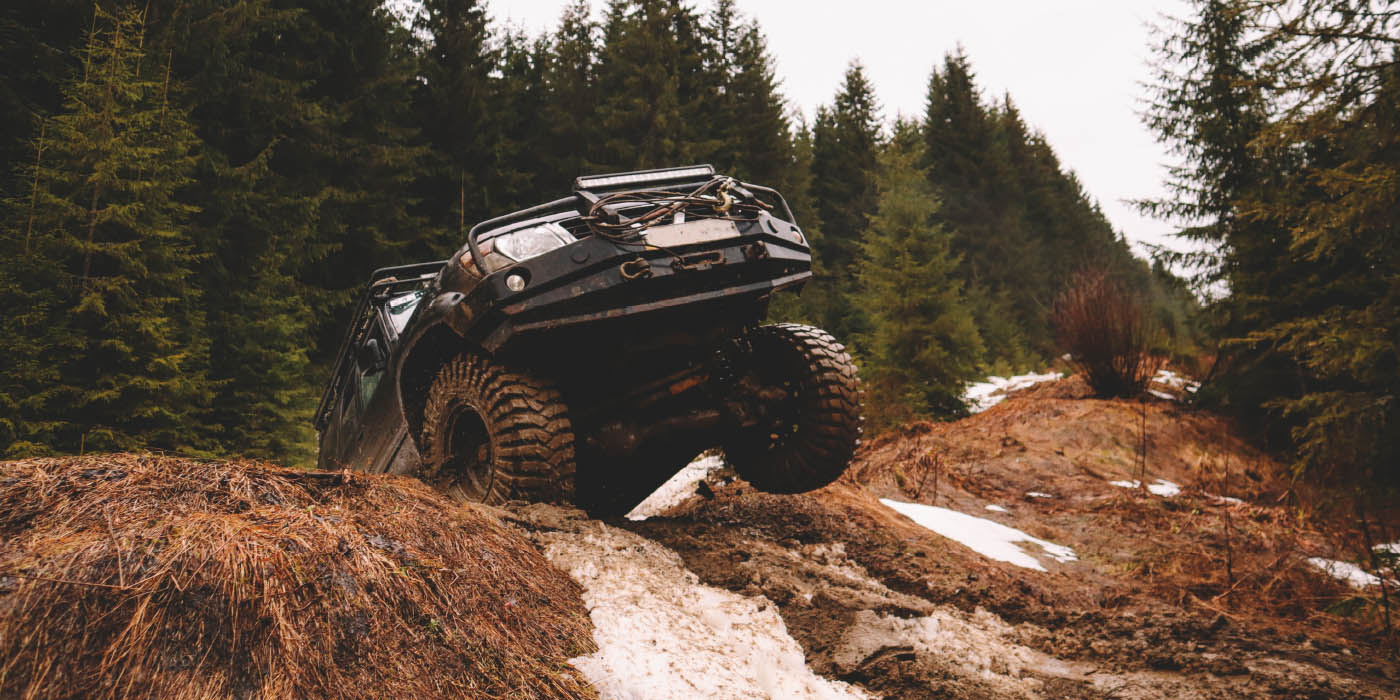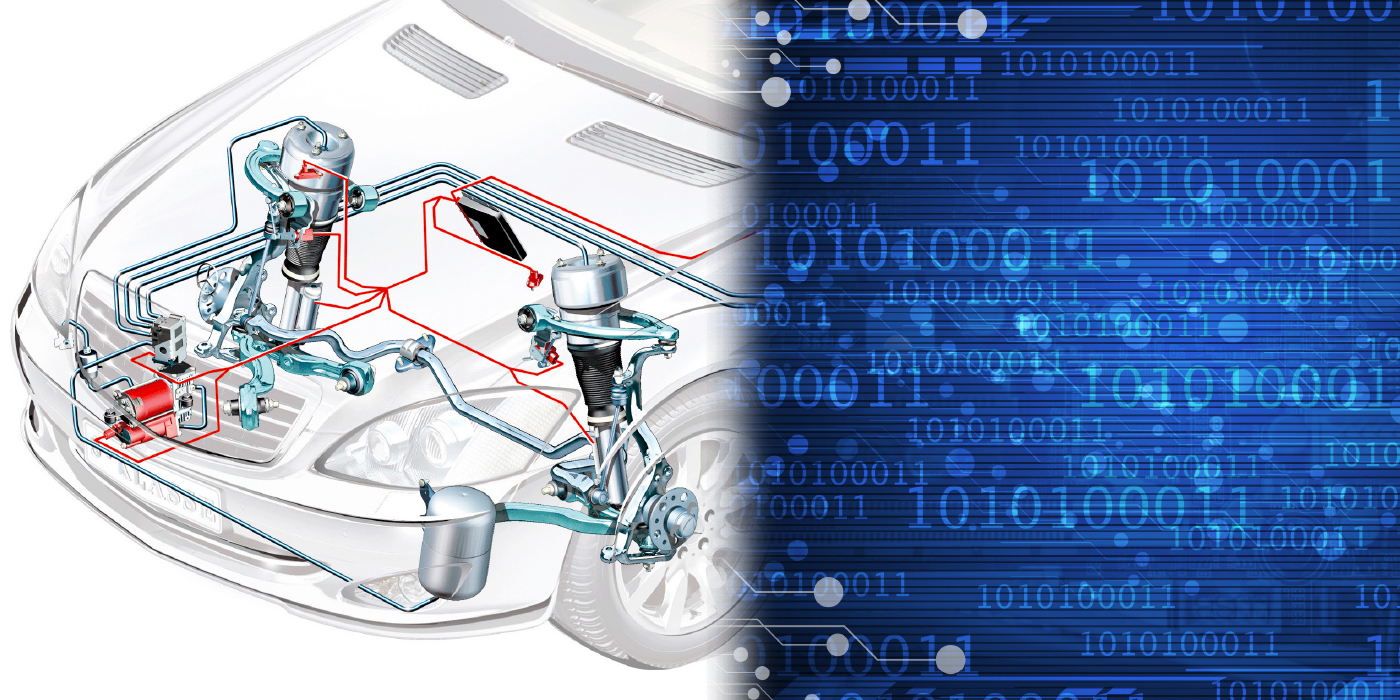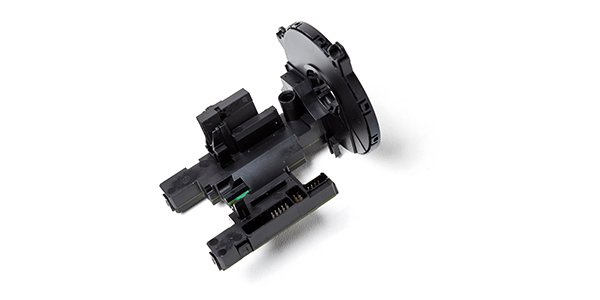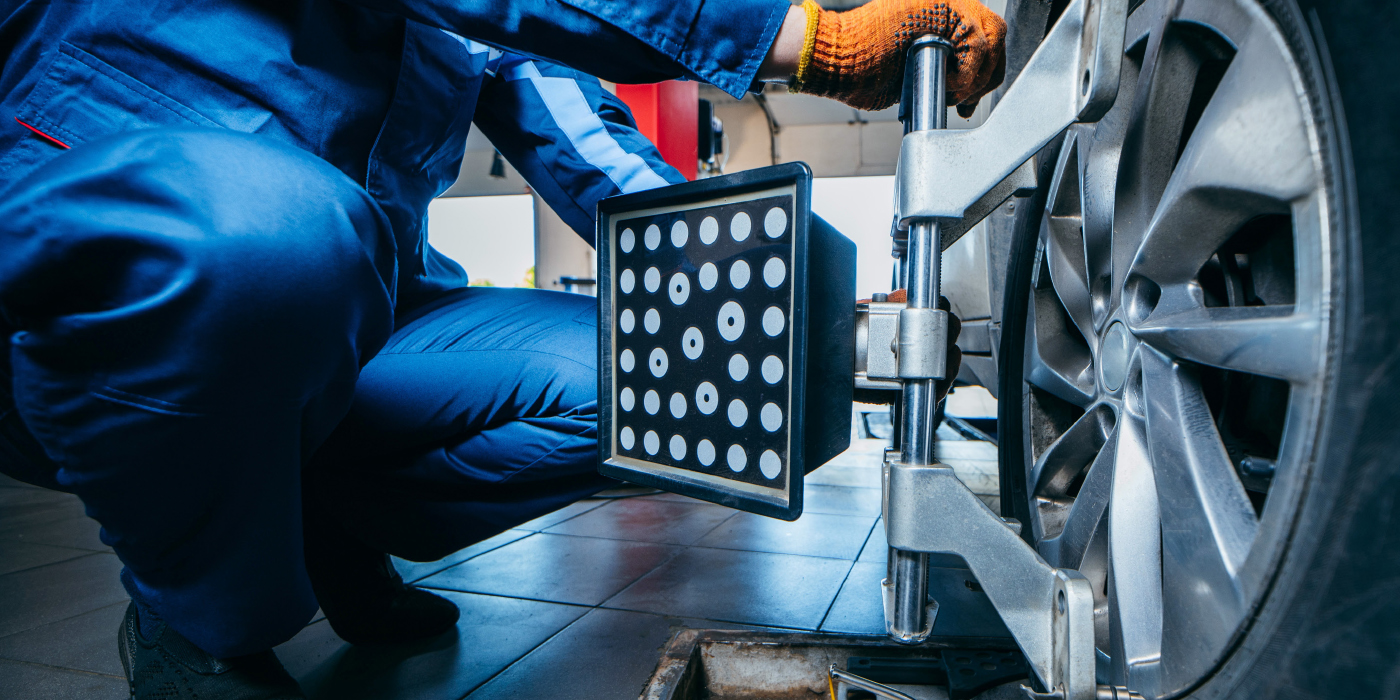Model: 2008 BMW models
Situation: The customer may report a rubbing or scraping noise that occurs when turning the steering wheel from left to right. While there are a number of components that can cause this type of noise, this bulletin is specifically related to those noises that occur directly at the steering shaft.
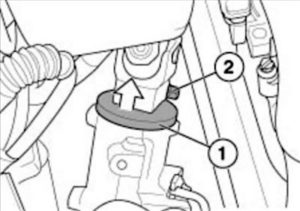
Cause: This type of noise can be caused by the following:
- Contact between the pinion shaft dust cover and the steering gear.
- Insufficient lubrication of the bulkhead seal for the steering shaft.
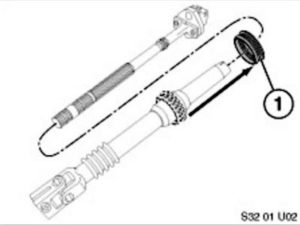
Correction: Isolate the source of the noise using a stethoscope or other suitable listening device. If the noise is coming from the steering shaft, then the pinion shaft duct cover should be checked and the steering shaft seal should be lubricated.
Procedure: Locate the source of the noise using a stethoscope or other listening device. If the noise is coming from the steering shaft area, proceed as follows:
- Using a pry bar or other suitable tool, push up slightly on the pinion shaft dust cover (1) while someone turns the steering wheel. If the noise changes or is eliminated, proceed to step 2. If the noise does not change, proceed to step 5 (See Fig. 1).
- Loosen the securing bolt (2) on the steering coupler (See Fig. 1).
- Push the dust cap up to eliminate contact between the cap and the steering gear.
- Tighten the securing bolt (2).
- Lubricate the steering shaft slip ring (1) by spraying lubricant onto the steering shaft from the engine compartment side. (See Fig. 2) Turn the steering wheel from left to right to distribute the lubricant.
Note: It is not necessary to remove the steering shaft.
- Remove the trim panel above the brake and accelerator pedals.
- Lubricate the steering shaft slip ring (1) by spraying lubricant onto the steering shaft from the passenger compartment side. Turn the steering wheel from left to right to distribute the lubricant.
- Refit the trim panel.
Courtesy of ALLDATA.

